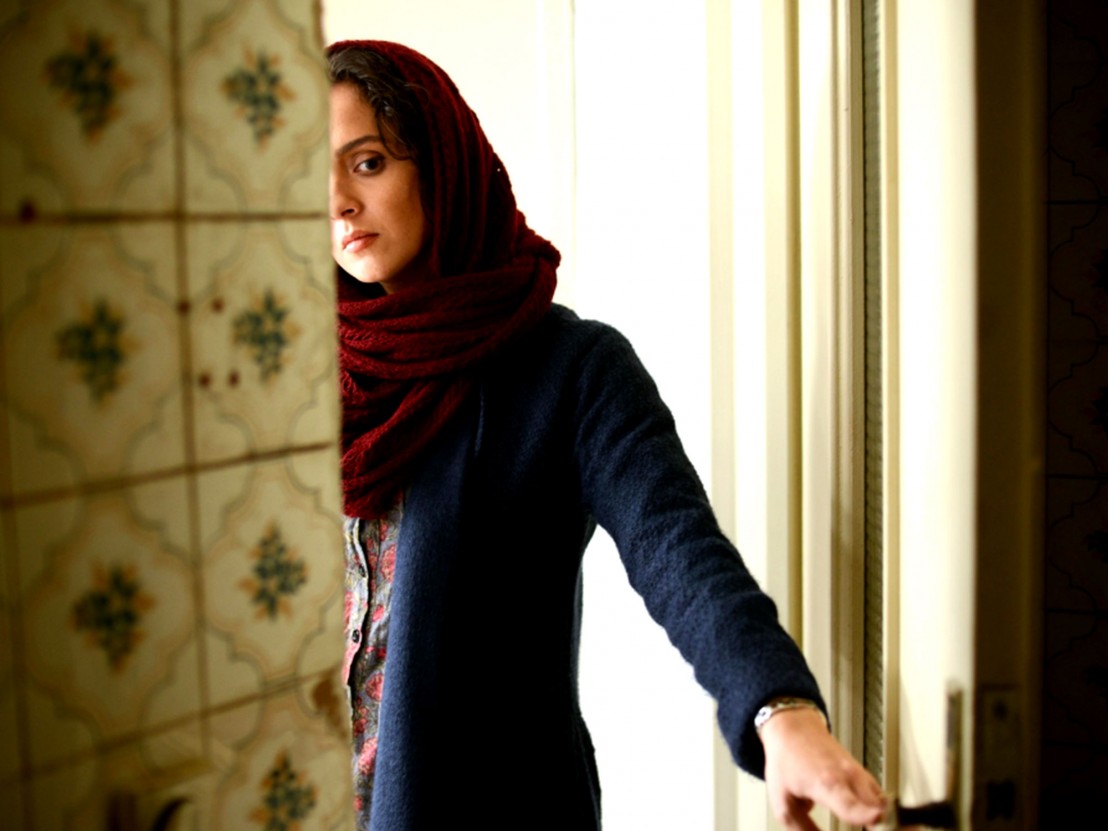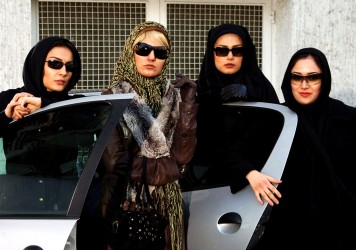
Even as protests have broken out across the United States and United Kingdom in protest of state-sanctioned violence against private individuals, a pair of incidents over the past week have reminded us that the issue is not limited to police brutality. In two separate countries, oppression has come from the top down as governments have threatened outspoken film artists with jail time.
First, the Russian filmmaker Kirill Serebrennikov was ruled guilty of fraud and embezzlement in a highly publicized trial on Thursday in Moscow, Deadline reports. His troubles with the law date back to 2017, when the ardent critic of the church and Vladimir Putin’s administration was first accused of funneling money out of an arts fund he had been entrusted to manage. He was placed under an 18-month house arrest, which kept him from presenting his film Leto in Competition at the 2018 Cannes Film Festival, where DIY shirts emblazoned with ‘FREE KIRILL’ were a not uncommon sight.
His confinement ended in April, 2019, but only this week was it decided that he would be handed a three-year suspended sentence. (A term meaning that if he can go the next three years without doing anything to incur the wrath of Russian apparatchiks, he will not be forced to serve hard time.) While this may seem like a gesture of leniency to those expecting a harsher punishment, Serebrennikov’s many supporters see it more as a government’s effort to silence one of its loudest dissidents.
A similar sequence of events played out in Iran last Friday, as the actress Taraneh Alidoosti was charged with “propaganda activities against the state” and “insulting law enforcement,” resulting in a deferred sentence. (An item in The Hollywood Reporter explains that in her case, she will have to remain in the good graces of Iranian officials for two years, on penalty of a five-month stint in prison.) Her crime? Posting a video on social media in which one of Iran’s so-called “morality police” physically harasses a woman for being out in public without her hijab.
The actress, a globally recognized talent for her appearances in the films of Asghar Farhadi, has long brought a political bent to her celebrity; she made waves in 2016 for revealing a tattoo with feminist significance, and when Donald Trump’s travel visa ban prevented Farhadi from attending the Academy Awards in 2017 on behalf of The Salesman, she also boycotted the ceremony in solidarity. The punitive measures taken by the Iranian government recall their treatment of Jafar Panahi, another artist with subversive leanings who’s faced imprisonment and house arrest for his beliefs.
These two unrelated happenings nonetheless stem from the same authoritarian spirit, a rising tide of repressive conservatism that extends far past this corner of the world. The West likes to think of itself as being above the censorship of free creative expression, but the troubling reality is that if a bullish strongman such as Donald Trump or Boris Johnson thought they could get away with something like this, they would probably give it a try.
The fight for an unimpeded cinema is a fight we all share, because it is a fight for freedom itself. Artists and academics have always been the canaries in the coal mine of fascism – if they go, everyone else will be soon to follow.
Published 29 Jun 2020

By Laura Davis
Something Better to Come provides a vital window into the lives of Putin’s abandoned children.

The German filmmaker discusses the subversive message at the heart of his political documentary Meeting Gorbachev.

By Sarah Jilani
Despite facing severe restrictions Iran’s most important filmmakers continue to give its people a voice.